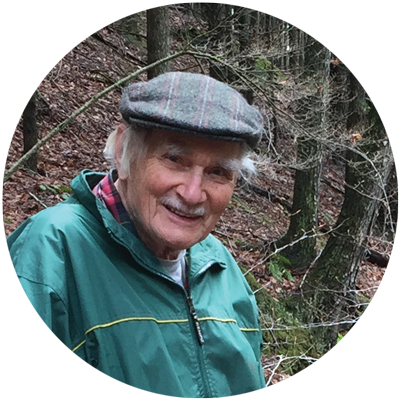Home >
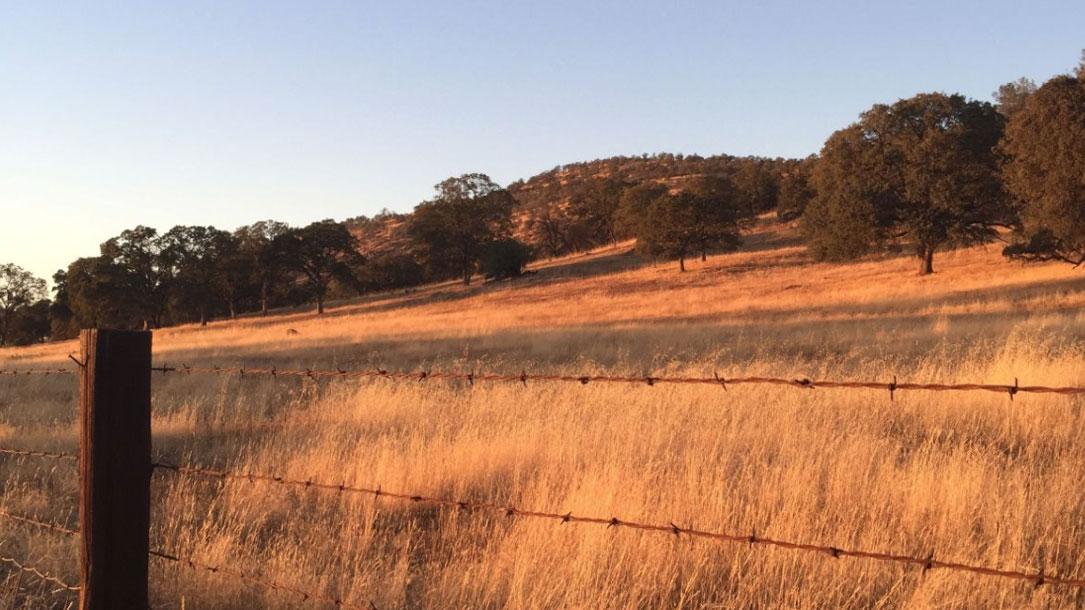
Young California ranchers are finding new ways to raise livestock and improve the land
These first-generation ranchers are young, often female and ethnically diverse. Rather than raising beef cattle destined for feedlots, many are managing small grazing animals like sheep and goats. And they are experimenting with grazing practices that can reduce fire risk on hard-to-reach landscapes, restore biodiversity and make it possible to make a living from the land in one of the most expensive states in the country.
Our research focuses on food systems, rangelands and livestock production. In our recent work, we found new ranchers in California using innovative strategies that they believe can mitigate fire risk to communities and improve soil through grazing.
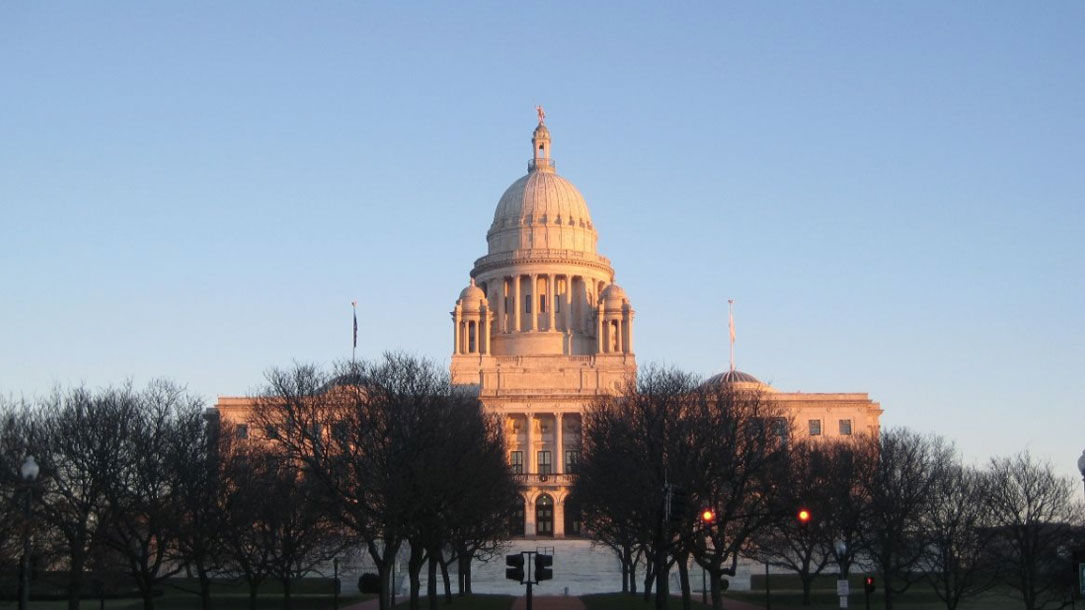
Urban forestry takes on the world. But first, Rhode Island
Among dozens of new trees transforming a muddy Catholic elementary schoolyard, the pastor opened his Bible only a handful of pages, going full Old Testament in his impassioned spiritual plea for more trees.
Beside him stood Rhode Island’s Governor Gina Raimondo, who had just given an equally impassioned speech about the many scientific and public health benefits of trees. And when the children were unleashed with shovels to plant the final tree, it reminded everyone what perspective matters most: creating a stable future together…
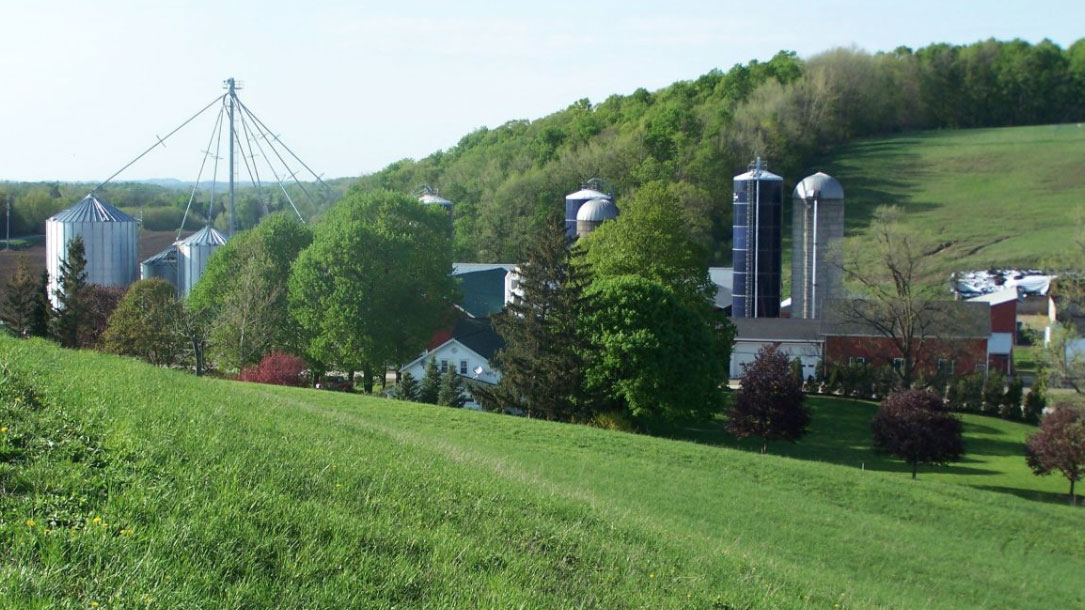
Startups aim to pay farmers to bury carbon pollution in soil
Last summer, Boston-based Indigo Agriculture made headlines in business media with the announcement of its Terraton Initiative, which aims to pay growers to sequester one trillion tons of carbon dioxide.
Although Indigo is involved in a range of farm-related activities, from microbial seed treatments to agronomy (expert farm consulting, essentially) and crop transportation, soil carbon is a major focus. The company has promised that farmers who signed up for its carbon program before the end of 2019 will receive at least $15 per metric ton sequestered. Payments will be financed partly through the sale of offsets, which go for $20 per ton. As of late January, growers had committed more than 17 million acres to the program, according to Indigo’s website…
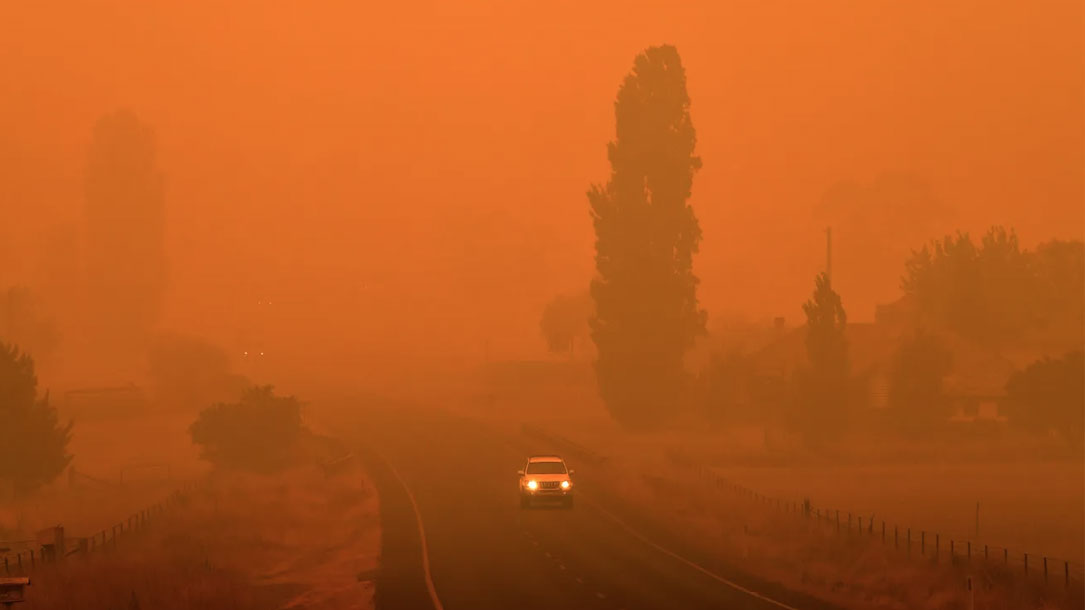
2019 ended Earth’s warmest decade since record-keeping began, scientists say
“The last decade was the warmest on record, federal climate scientists announced Wednesday, with 2019 becoming the second-warmest year on record.
Global temperature records began more than 140 years ago in 1880. The warmest year recorded was 2016, which was just .07 degrees Fahrenheit warmer than last year.
Scientists from the National Oceanic and Atmospheric Administration and NASA made the announcement at the annual meeting of the American Meteorological Society in Boston…”
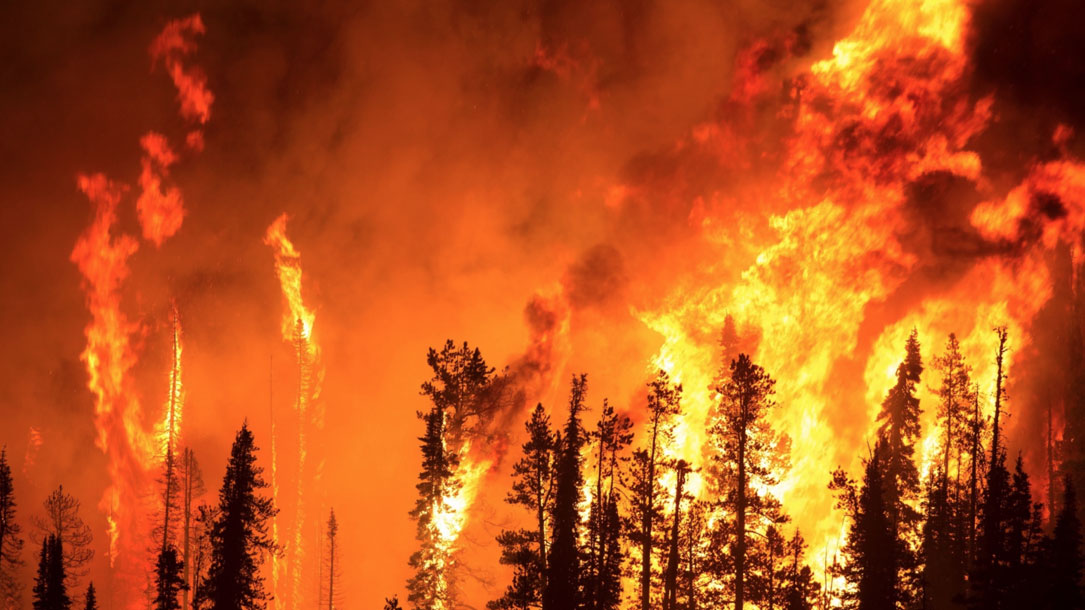
Thousands flee beach towns after prime minister proclaims Australia ‘wonderful place to come’
“Hot, windy weather swept back into southeastern Australia on Thursday, whipping historic bushfires and prompting authorities to urge evacuation of several coastal towns.
The evacuation order came hours after Prime Minister Scott Morrison urged foreign tourists, normally now flocking to the beaches in Australia’s summer, not to be put off by the historic fires…”
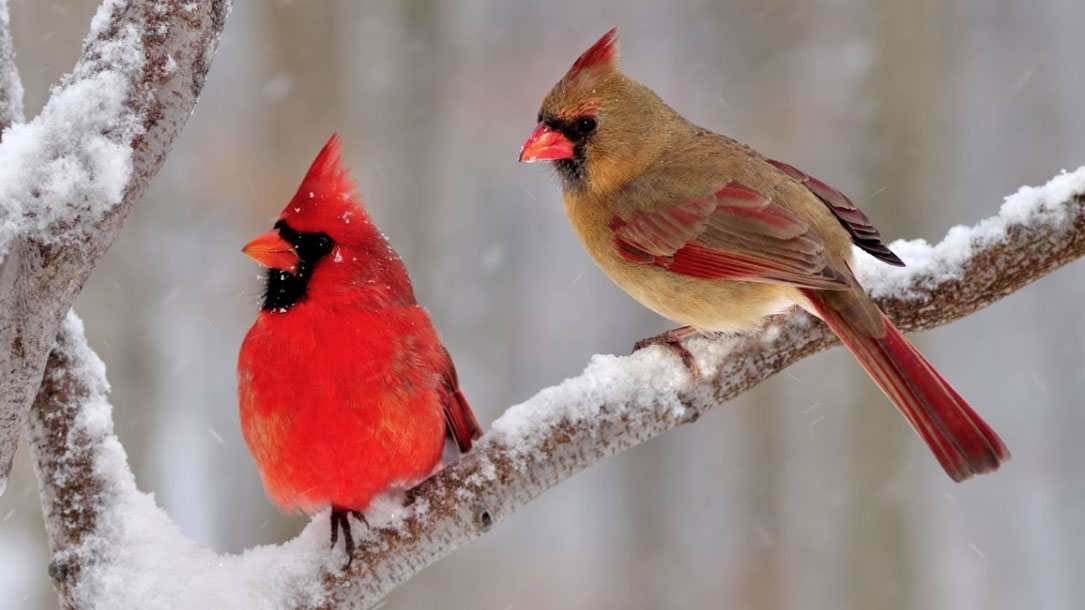
Republican and Democratic voters actually agree on many climate change fixes. So why no action?
As Australia burns and the Earth just ended the warmest decade on record, Democrats and Republicans disagree so sharply on climate change ideas that there’s no hope of working on the problem, right?
Actually, wrong. Despite all the squabbling, the majority of Americans—of all political parties—say climate change is real and agree on many things we need to do to fix it…

Facts versus feelings isn’t the way to think about communicating science
In a world where “post-truth” was 2016’s word of the year, many people are starting to doubt the efficacy of facts. Can science make sense of anti-science and post-truthism? More generally, how can we understand what drives people’s beliefs, decisions and behaviors?
Scientists have developed many theories to describe how people process and think about information. Unfortunately, there’s an increasing tendency to see people as creatures whose reasoning mechanisms are largely dependent on a narrow set of processes. For example, one popular theory suggests that if we just communicate more accurate information to people, their behavior will change accordingly. Another suggests that people will reject evidence if it threatens their deeply held cultural worldviews and associated feelings.

Humans are hardwired to dismiss facts that don’t fit their worldview
The interdisciplinary study of this phenomenon has exploded over just the last six or seven years. One thing has become clear: the failure of various groups to acknowledge the truth about, say, climate change, is not explained by a lack of information about the scientific consensus on the subject.
Instead, what strongly predicts denial of expertise on many controversial topics is simply one’s political persuasion…
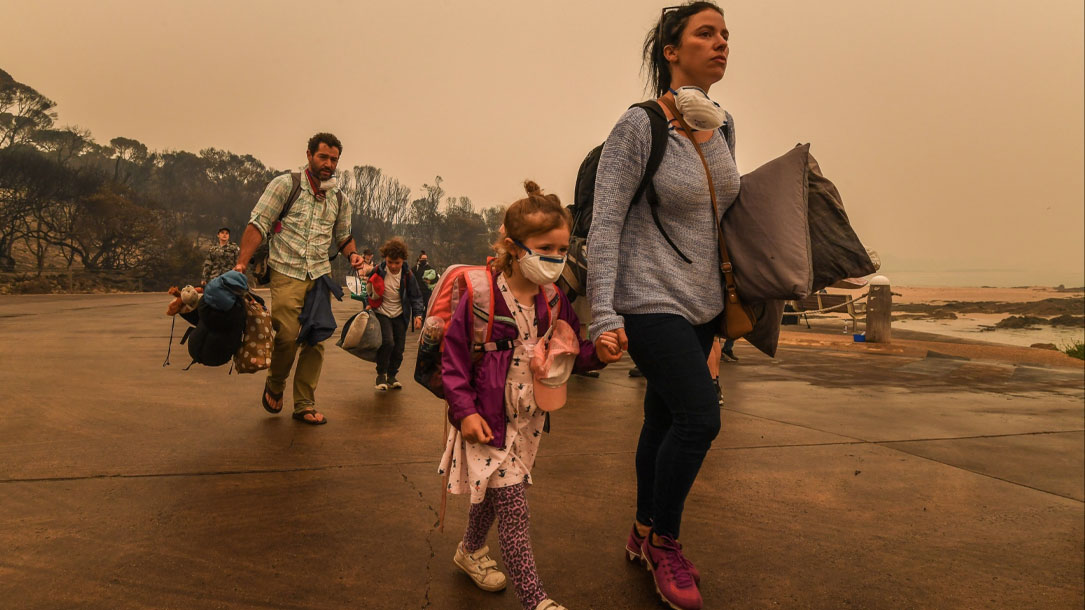
Climate Models Are Running Red Hot, and Scientists Don’t Know Why
“There are dozens of climate models, and for decades they’ve agreed on what it would take to heat the planet by about 3° Celsius. It’s an outcome that would be disastrous—flooded cities, agricultural failures, deadly heat—but there’s been a grim steadiness in the consensus among these complicated climate simulations.
Then last year, unnoticed in plain view, some of the models started running very hot. The scientists who hone these systems used the same assumptions about greenhouse-gas emissions as before and came back with far worse outcomes. Some produced projections in excess of 5°C, a nightmare scenario…”
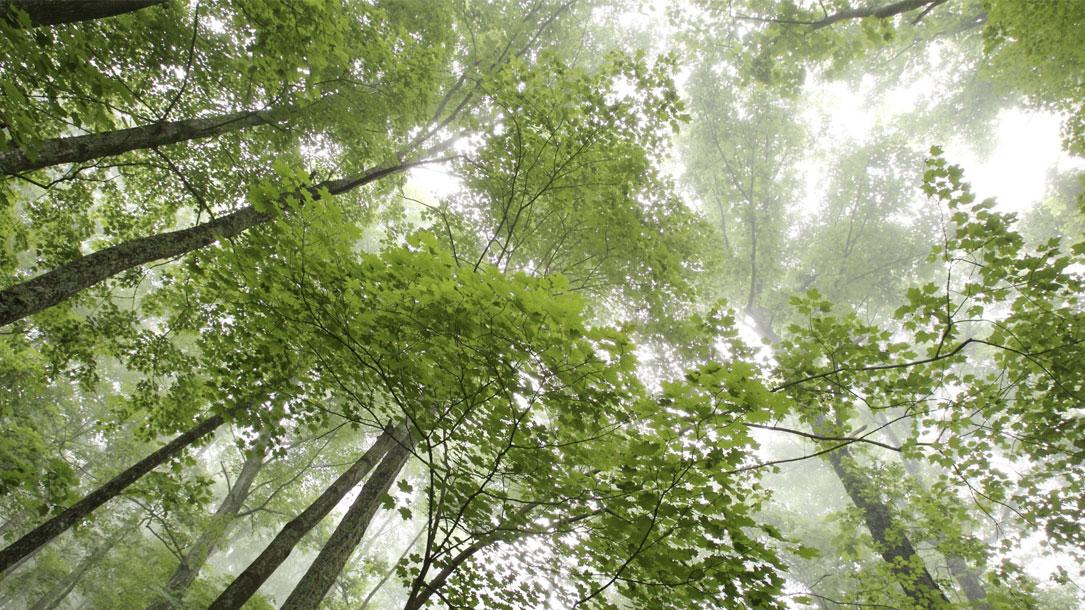
New Study Reveals Natural Solutions Can Reduce Global Warming
Restoring the United States’ lands and coastal wetlands could have a much bigger role in reducing global warming than previously thought, according to the most comprehensive national assessment to date of how greenhouse gas emissions can be reduced and stored in forests, farmland, grasslands and wetlands.
The peer-reviewed study in Science Advances from The Nature Conservancy and 21 institutional partners found that nature’s contribution could equal 21% of the nation’s current net annual emissions, by adjusting 21 natural management practices to increase carbon storage and avoid greenhouse emissions. The study is the first to include the climate benefits of coastal wetlands and grasslands in a comprehensive mix along with forests and agriculture.



